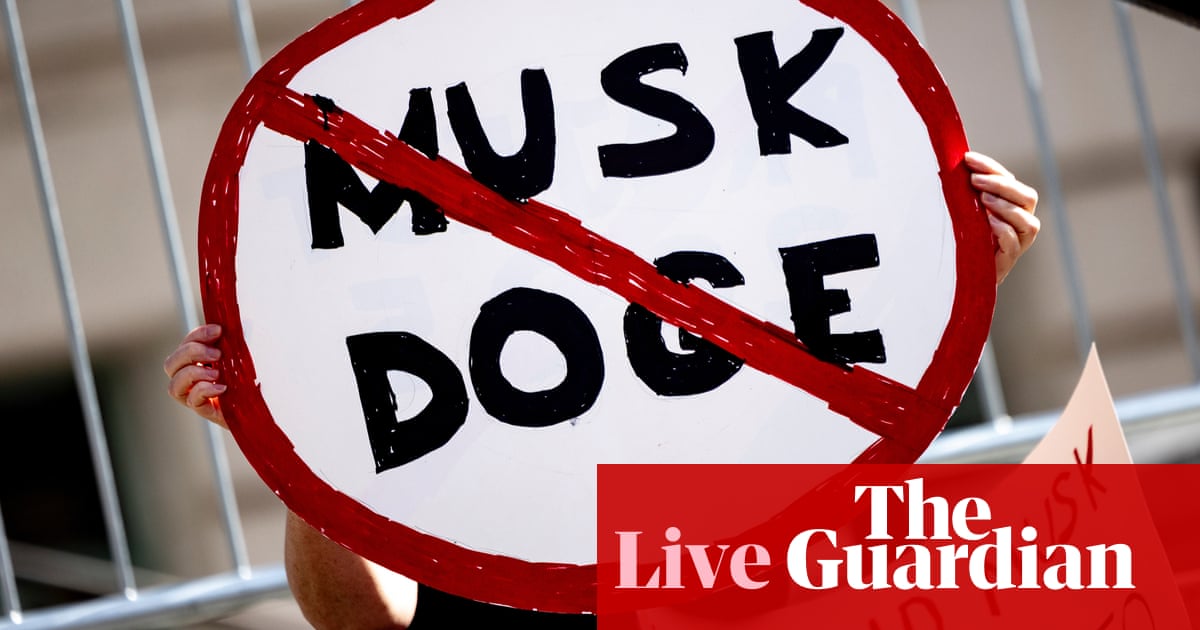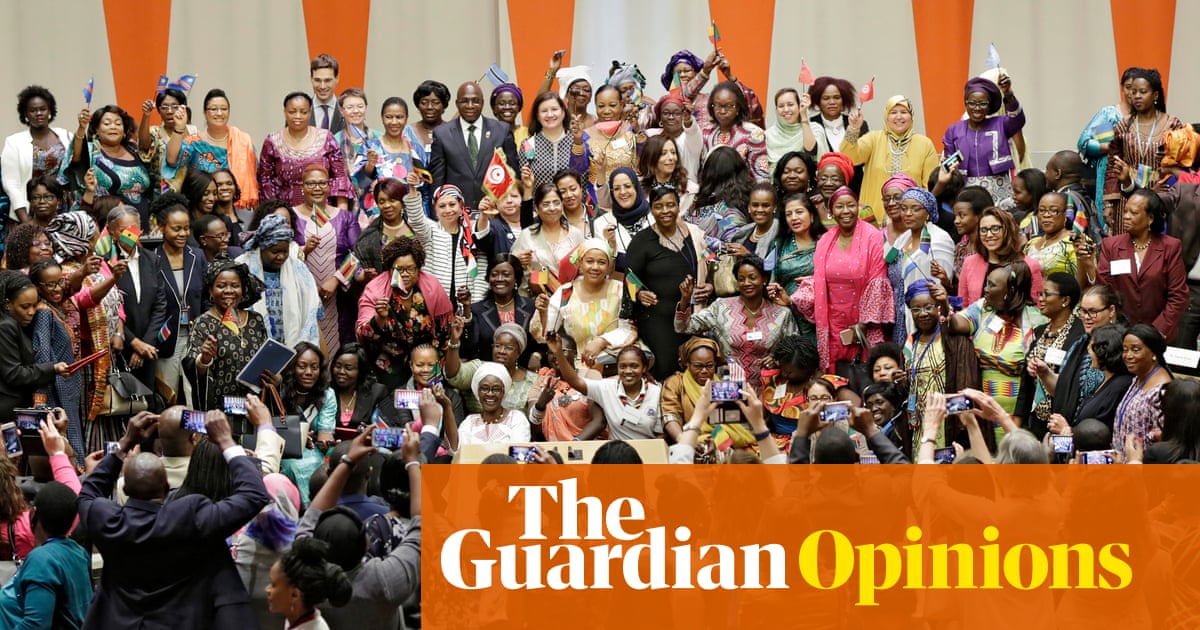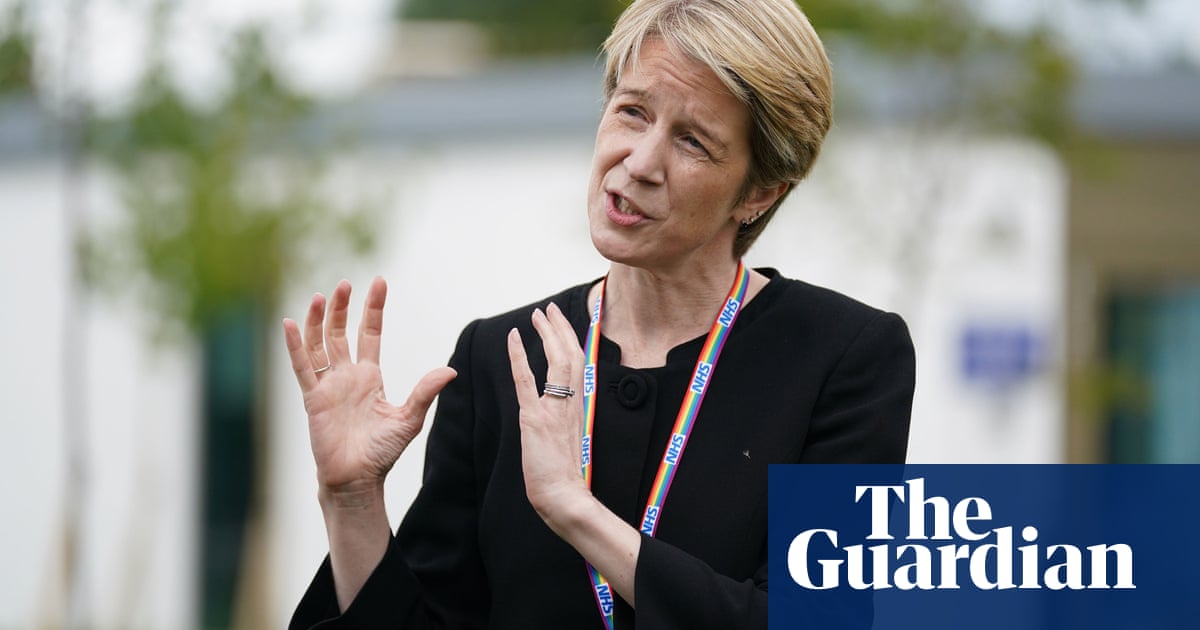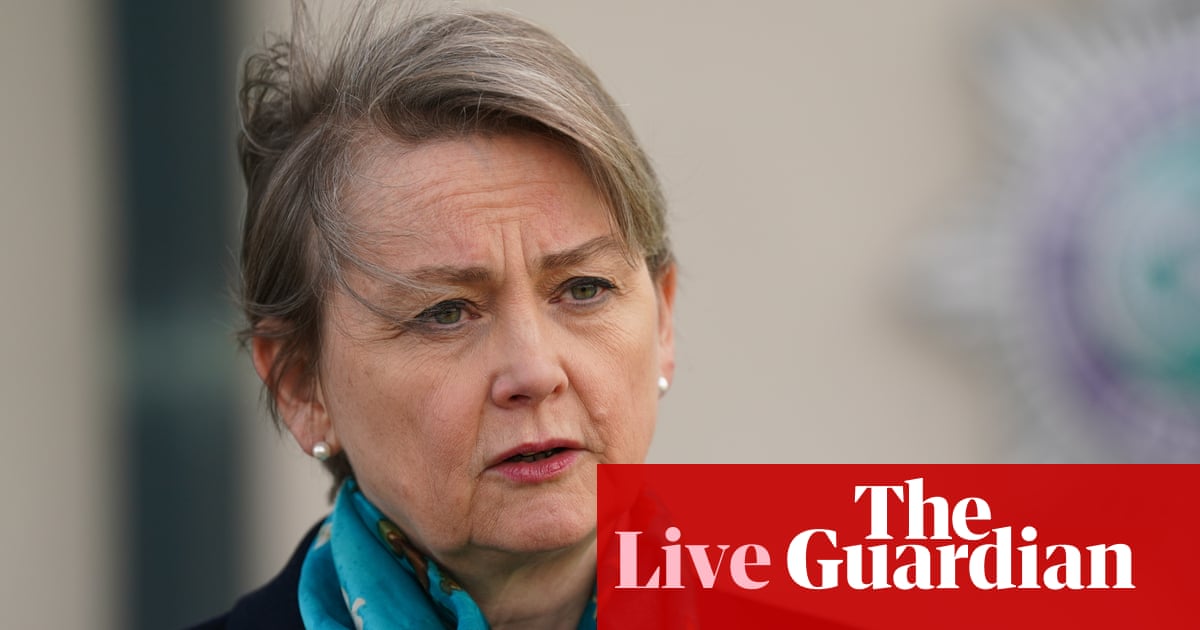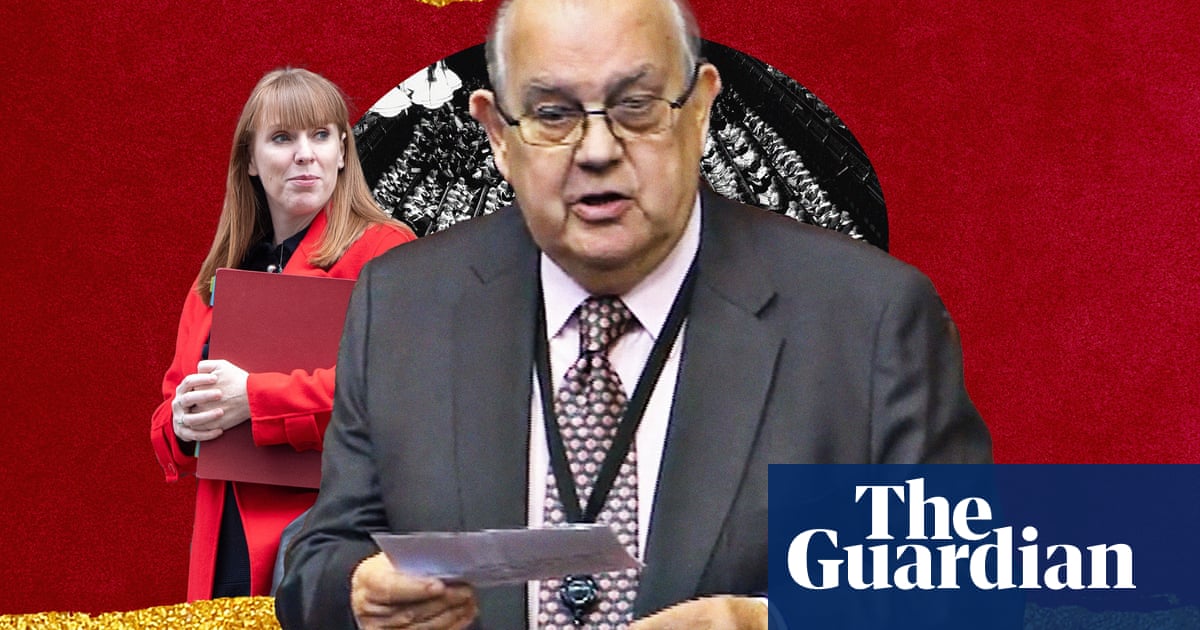Labour is losing support fastest among voters who feel economically insecure, according to a report urging Keir Starmer to focus on boosting living standards, rather than on culture wars and immigration.
The prime minister has faced calls from some backbench Labour MPs to take a tougher stance on migration and crime amid growing concern over the rise of Reform UK, Nigel Farage’s rightwing populist party, in the opinion polls.
However, a study by two of the UK’s foremost experts in voter behaviour found that people switching away from Labour since last year’s general election landslide were more likely to be worried about their finances.
The analysis by the University of Oxford academics Prof Jane Green and Prof Geoffrey Evans, commissioned by the Joseph Rowntree Foundation poverty charity, found that personal economic insecurity was driving a rise in “voter volatility” and a fall in support for Labour.
It showed that Labour had lost the support of 40% of voters who put Starmer into Downing Street by October last year. Almost half (46%) of those switching away were economically insecure, compared with 31% who were in a more financially stable position.
Green, who is the director of the Nuffield Politics Research Centre, said: “Financially insecure voters are the ones looking for political alternatives because they can’t see things getting better for themselves or their children. All the talk of culture wars and immigration misses their primary experience.
“A party that delivers on economic security – supporting people by bringing down costs and giving people a chance to restock their savings safety net – can feel much more secure in their electoral prospects too. Without it we’re likely to see much more political volatility and further electoral fragmentation.”
Government insiders have grown increasingly worried over the growth in public support for Reform, with those concerns deepened earlier this month after YouGov became the first big pollster to show the party ahead of Labour and the Conservatives.
MPs affiliated with the “Blue Labour” movement have pushed in recent weeks for Starmer to take a tougher approach to migration in particular, amid fears that the party is losing support among working-class voters.
It comes as parties in the political centre across western democracies battle to overcome challenges from rightwing populists, after Donald Trump’s victory in the US election and a doubling of support for the far right in Germany.
The new study highlighted Labour’s withdrawal of the winter fuel allowance and the party’s downbeat approach to talking about Britain’s economic prospects in its first 100 days in power, and suggested these had resonated with financially insecure voters in particular.
It said this group was twice as likely (41%) as people who felt more comfortably off (20%) to think that Labour was handling the economic security of households very badly.
after newsletter promotion
The study indicated that 35% of the UK electorate, about 18.5 million potential voters, felt economically insecure. It also showed how people aged 35-39 were, for the first time, most likely to be part of this group, and were more likely to be volatile in their political support.
Green said financially insecure voters were looking for political alternatives.
“The fragility of people’s finances, especially in mid-life, is matched with an increasingly fragile electoral landscape,” she said.
“With voters wavering in their party choices in mid-life, and feeling financially insecure, parties need to urgently focus on helping people have economic confidence looking ahead to the next election.”
Labour was approached for comment.

.png) 5 hours ago
2
5 hours ago
2
